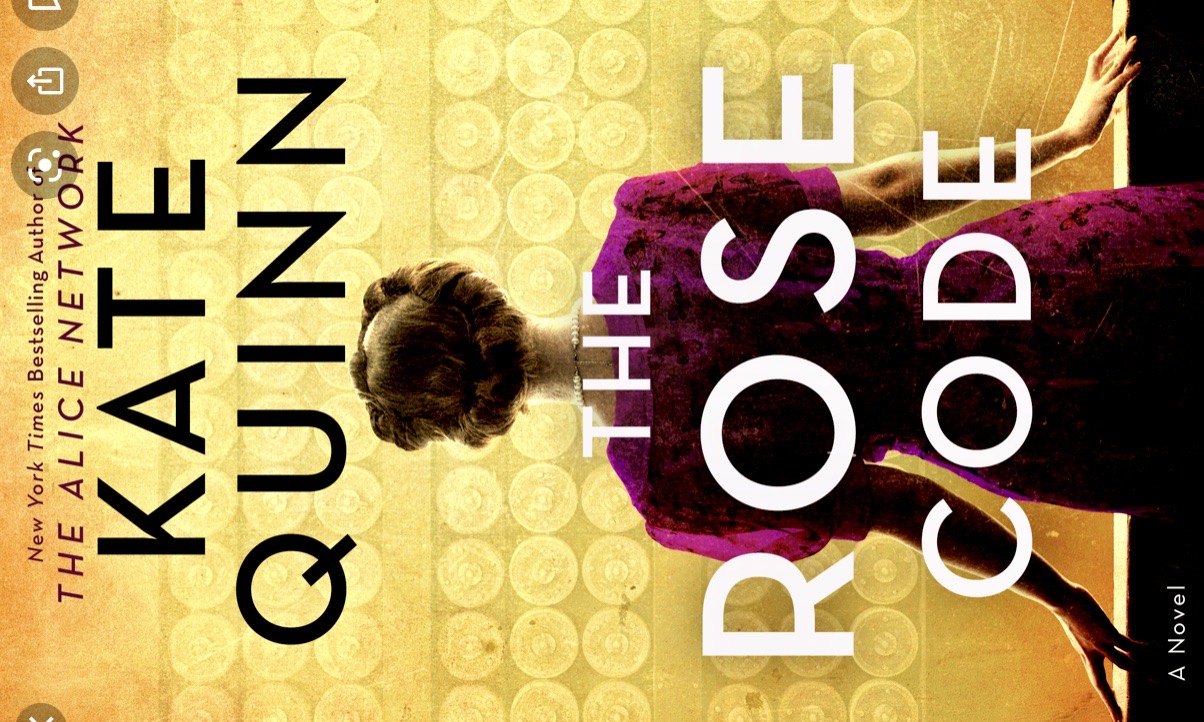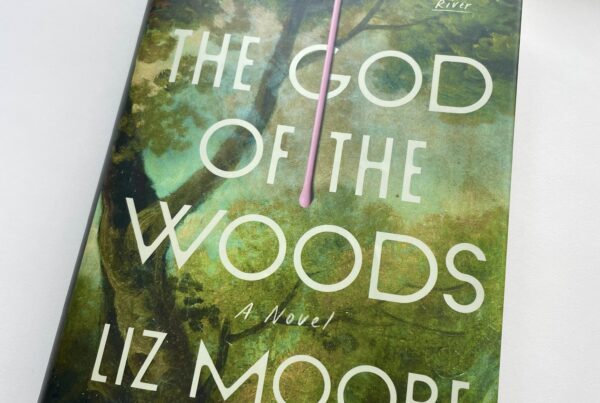The Rose Code by Kate Quinn, a novel about three women who worked at Bletchley Park, offers readers insight into the secret lives of WWII cryptographers. Bletchley Park was where the British SOE (Special Operations Executive) worked to break the German code for the Enigma machine. Their efforts towards breaking the code helped the Allies to gain access to German strategy and ultimately win the war.
Quinn is a very clever storyteller who uses multiple points of view — there’s Mab, who learns to run the code breaking machines and hopes to find a rich husband; Osla, a debutante and skilled translator, who is determined to help fight the Nazis; and Beth, an intelligent spinster who is recruited to be a cryptanalyst. The novel’s events take place first during the war in 1940 and then in 1947 during the week preceding Queen Elizabeth’s wedding. By switching back and forth in time, Quinn creates narrative tension and mystery that helps the reader delve further into the past. The women were friends during WWII, but a tragic event ends their friendship. In 1947, they receive coded messages suggesting there might be a traitor from Bletchley Park giving secrets to the enemy, at which point the three must race against time to find the spy. I found the suspenseful mystery of Quinn’s writing so compelling that I had to read all night, eschewing watching any streaming media because I had to find out who was the traitor.
The Rose Code highlights the unheralded efforts of women to crack the Enigma code and end WWII. “The most fascinating thing about Bletchley Park is how spectacularly successful they were in keeping it a secret, even from their families and loved ones,” says Quinn, who writes about women’s stories that are too often overlooked. The Rose Code, which will be published in March, is an especially fascinating book because the real women who worked at Bletchley Park agreed to never discuss their code breaking experiences and many went to their graves never earning recognition for how they helped to end the war.




